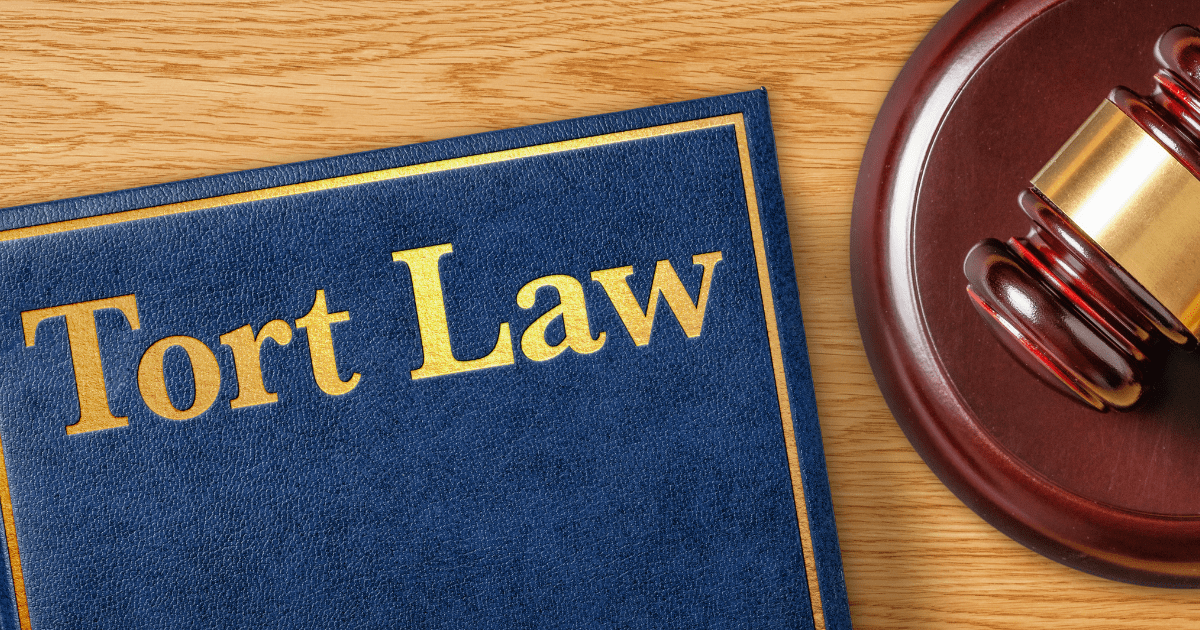
An Introduction to Legal Tort
Understanding the Basics of Being Made Whole
When we talk about torts, we are discussing a foundational legal concept where one person has caused damage to another, and the injured party can be compensated for that harm. The primary goal of a tort claim is to "make the person who's been injured whole". Since it's often impossible to replace what has been lost or is no longer available, this compensation frequently takes the form of a cash reward. The premise behind tort law is that if someone has been injured and has lost something, they should be given something in return to restore them to their original state. There are a number of different tort concepts, some of which are older and no longer in use, while others have been updated to reflect modern society. I'll explore three specific tort concepts to help clarify how this area of law works.
Conversion: Unlawful Taking
One tort I'll discuss is conversion, sometimes referred to as unlawful conversion. Conversion occurs when one person takes something that belongs to another. The item is taken from one person and given to another, which could include the person who took it or someone else. To successfully pursue damages for conversion, there is typically a multi-part legal test, often with three parts. First, the person who lost the item must show that they had it to begin with. Second, they must prove they had a lawful, full right of possession. Finally, it must be shown that the individual who took the item had no lawful reason for taking it. This means it was not a simple mistake, but rather an intentional act of taking something they had no right to possess.
Lost Opportunity Tort
Another tort concept is the tort of lost opportunity. This arises when one person's actions have sabotaged another's ability to do something they would have otherwise done. In such a case, the injured party can sue the offender for lost opportunity. A key part of this tort is proving that the opportunity was real, not just a hypothetical one. You have to demonstrate that the offender's actions interfered with, stopped, or incapacitated this genuine opportunity.
Lost Opportunity Cost Tort
Closely related to lost opportunity is the tort of lost opportunity cost. This tort specifically deals with the financial losses incurred because of a lost opportunity. The amount of money lost must be quantifiable and verifiable. For example, if someone's interference caused you to lose a $500,000 contract, you can claim that amount as a pecuniary loss. The core difference between lost opportunity and lost opportunity cost is whether the damages are pecuniary or non-pecuniary. Pecuniary damages are numerical and financial, while non-pecuniary damages are more difficult to quantify.
Pecuniary vs. Non-Pecuniary Damages
The distinction between pecuniary and non-pecuniary damages is crucial in tort law. Pecuniary damages are those that can be expressed in financial numbers. For instance, if a person's interference caused you to lose a $500,000 contract, that would be a pecuniary loss. Non-pecuniary damages, on the other hand, are things that are not easily assigned a monetary value, such as emotional distress, stress, or a loss in the quality of life. It is very difficult to put a number on these types of losses because everyone's situation is different. However, even with non-pecuniary damages, a number must eventually be assigned for any damages to be awarded.
Conclusion: The Purpose of Tort Law
In essence, tort law provides a clear legal path for a person to be made whole after they have been harmed. There are many different torts and ways to recover losses caused by another person. Understanding these concepts is essential for resolving disputes and issues. The mere threat of pursuing a tort claim can sometimes prevent damages from occurring in the first place, which is the best possible outcome. After all, it is better to not be harmed at all than to be harmed and then receive compensation for the damage.